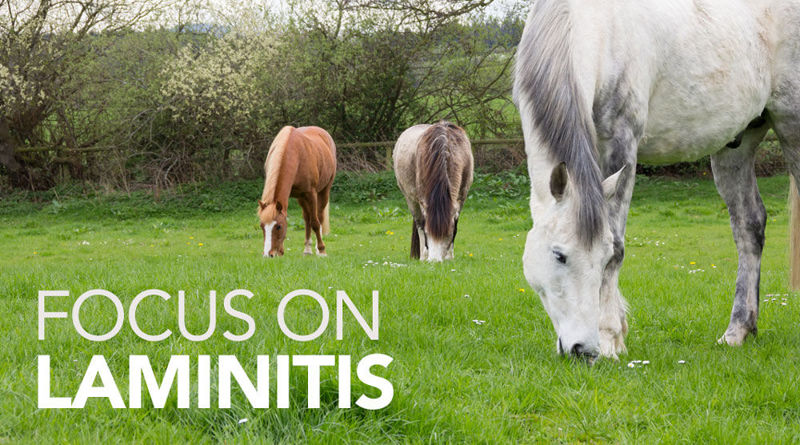Laminitis is a disease that almost all horse owners will have heard of. Laminitis refers to inflammation of the laminae which are the tissues that bond the hoof wall to the pedal bone. This very painful and debilitating condition is usually associated with overweight horses and those with metabolic issues like Cushings and Equine Metabolic Syndrome. If you have a horse that is at risk of laminitis or you are worried about laminitis, what can you do?
Body Condition Scoring:
Body Condition Scoring (BCS) is a great way to actively keep an eye on your horse’s weight and condition.
It is a hands-on approach that allows you to assess different areas of your horse for fat and muscle coverage.
It helps to you determine if your horse is a healthy weight or not.
Diet:
If your horse is overweight or is a good-doer and you need to keep an eye on their weight, speak to a nutritionist about a diet plan to ensure that your horse or ponies feeding regime is appropriate.
Make sure that your horse is receiving the right energy (calorie) intake for the work that they are doing, taking into account how much forage they are also receiving.
Grass can be very high in calories, so if your horse or pony had access to good grazing or is turned out for a number of hours, you may not need to feed a hard feed.
In these cases, a broad-spectrum vitamin and mineral supplement such as Prolamin will ensure that a balanced diet is being provided. Find out more about Prolamin >>
Top Tips for preventing laminitis:
- Dieting horses should be fed a minimum of 1.5% of their body weight in forage per day
- Feed an appropriate energy (calorie) intake
- Restrict grazing either through strip grazing or the use of a muzzle
- Avoid turning out on lush grazing
- Maintain a good exercise programme – in hand work can be just as beneficial as riding
- Body Condition Score regularly – ideally every 2 weeks
- Check your horses crest to ensure it doesn’t become hard
- Work with your vet and farrier if you have any concerns


